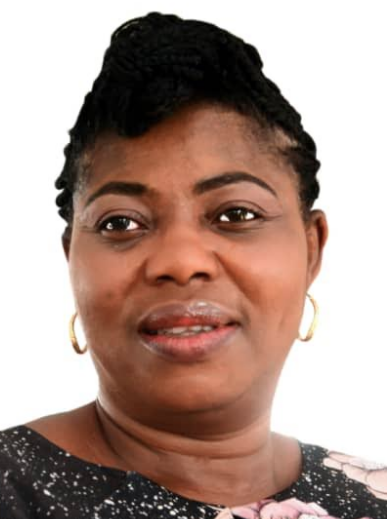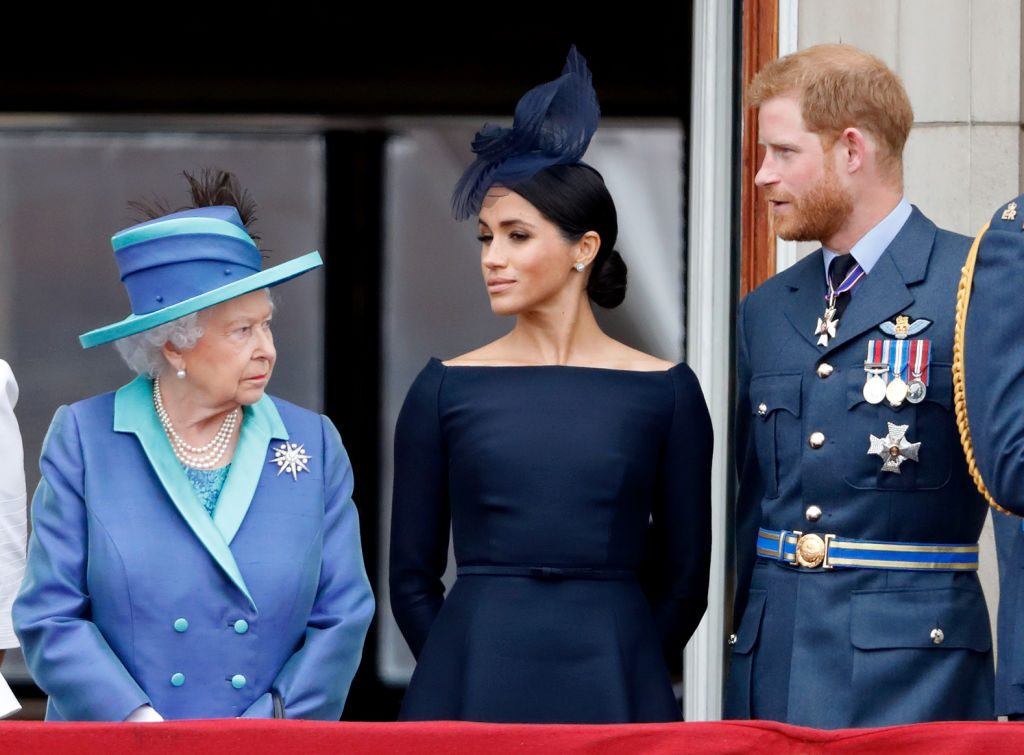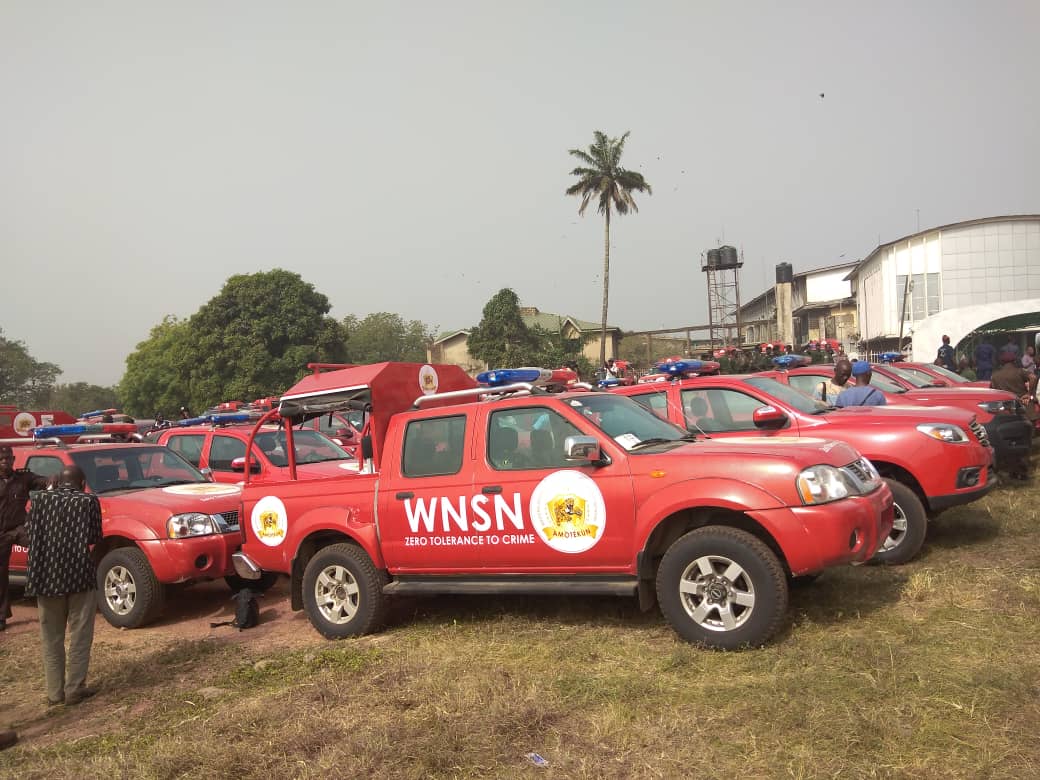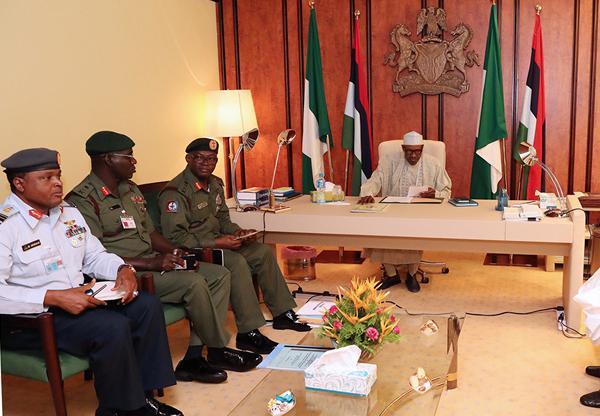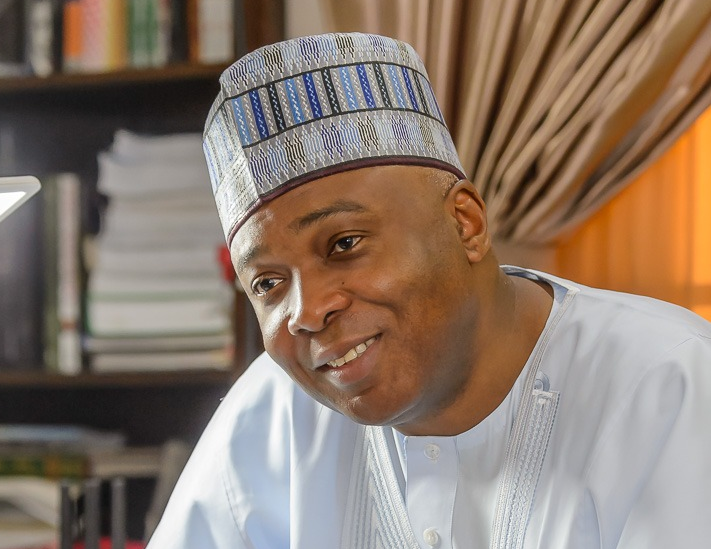At long last, my daughter can now use the word ‘severally’ without my adrenaline surging unnecessarily, courtesy of the 29 Nigerian words and expressions included in the January updates to the Oxford English Dictionary. This is a big relief. Apart from having to correct her for repeatedly using the expression which she was probably convinced was right going by the number of people around her that boldly used it, I had another challenge of constantly editing the word in my brain each time I heard it. Unfortunately for me, there was hardly any public or private discussion in Nigeria where the word ‘severally’ would not crop up. And having been trained to always edit it to ‘several times,’ which used to be the proper English expression, you can imagine my ordeal and the attendant stress I went through in my bid to do the job of a self-imposed custodian of her Majesty’s language.
I am glad all of this is in the past. Apart from the freedom to use the word ‘severally,’ Nigerians have been officially permitted to use many more words and expressions they have created over the years. For example, they can now decide ‘to rub mind together’ when deciding on which ‘Tokunbo’ car to buy or plan a ‘send forth’ for their colleagues and friends. Yes, they can now ‘flag-off’ their programmes and ‘gist’ without anyone accusing them of speaking bad grammar. Believe me, this is a big deal.
As editor, I can’t tell how many reporters were punished for using the term ‘flag-off.’ Doing so was not almost sacrilege but a major howler that could lead to the ‘offenders’ losing part of their pay. You dared not use the expression ‘to put to bed’ in describing anyone that was just delivered of a baby. To describe a thief as ‘eating money’ or say something had a k-leg was a no- no. That is why I find it exciting that we can now go to our ‘buka,’ ‘bukateria,’ or ‘mama put’ and do our ‘chop chop’ or just ‘chop’ as we like. Not only that, we are free to board our ‘danfo’ in our ‘ember months’ and rest assured that we would reach our destinations in peace without having to explain the meaning of ember months to anyone. And when we write ‘Okada,’ it will no longer be necessary to put it in italics and there won’t be any need to explain to non-Nigerians that it is our own way of describing motorcycles.
Interestingly, majority of the new additions to the 2020 Oxford dictionary are either borrowings from Nigerian languages, or unique Nigerian coinages that have only begun to be used in English in the second half of the twentieth century, mostly in the 1970s and 1980s, according to OED’s World English editor Danica Salazar. Other Nigerian words that made new entries into the dictionary apart from the ones in single quotes above are guber, Kannywood, next tomorrow, non-indigene, sef, zone, zoning, qualitative and agric. ‘Next tomorrow’ According to Salazar, is regarded as the oldest among the uniquely Nigerian words/expressions as it was first used in written English as a noun in 1953, and as an adverb in 1964. Kannywood, which refers to the film industry in northern Nigeria, is deemed the youngest among the lot.
The inclusion of these Nigerian words and coinages in Oxford dictionary is significant in many ways. First, it’s a positive departure from the usual negative narratives around Nigeria in recent times. That Oxford issued a statement on this inclusion is also a testimony to its importance. Looking at it from a broader perspective, this will likely encourage those who assume that anything Nigerian or indigenous is inferior to have a rethink. Possibly, policy makers in the education sector may decide to revisit the suggestion of late Professor Babs Fafunwa that indigenous languages should be used to teach Nigerian pupils for easy assimilation.
Advertisement
Those who were hitherto afraid that some scientific terminologies might not be correctly interpreted in indigenous languages can now see that there is really nothing sacrosanct. The way we carry our basket is the way others will help us to carry it. In other words, whatever name we choose to describe any scientific expression in our local parlance is the same thing that the world will eventually recognise as our own local expressions of such words. Although I don’t like the fact that Nigeria is using okada for transportation in this age and time, unfortunately that is the reality. Foreign investors have even bought into the booming business and Okada is now part of the world lexicon. Can we imagine what the nation will gain if through the application of our indigenous languages to learning sciences, we are able to come up with positive scientific inventions that could solve some of the myriads of problems bedevilling the world?
It is high time Nigeria encouraged the use of its local languages. Nigerians should freely express themselves in their own ways and continue to push themselves to acceptance on the world map. After all, people made up all the words that we have all accepted to be correct English expressions today. That shows that there is really nothing right or wrong. Have we ever bothered to ask ourselves how people came up with what is accepted to be right or wrong today? Who are the people saddled with the responsibility of authorising what is deemed to be correct? Who gave them the power and authority to do so? What are the yardsticks employed in arriving at such decisions? The truth is that the more popular some expressions, the greater the possibility of them being accepted by the larger society. It is unfortunate that all the words that we had previously punished and reprimanded people for, have now become acceptable.
Schools should encourage students to speak Nigeria’s indigenous languages. They should stop punishing pupils for conversing in their local languages. Why should children pay fine for speaking their indigenous languages? Is it possible for a Chinese teacher to punish a pupil for speaking Chinese in class? I have made this suggestion before and it is worth repeating. Stakeholders should work at boosting students’ interest in local languages through writing competitions in indigenous languages.
Life is dynamic and language is a reflection of a people’s culture, we need to reflect our cultures in our languages. Aside this, there is also the need for those in charge of the education sector to be flexible in their approaches to curriculum development at the basic and secondary school levels. Why for instance, should a science student be prevented from taking literature as a subject? Will literature do harm to scientific thinking? There are many science students that would have loved to do literature but the curriculum has ruled this out. Students should be given the opportunity to think widely. It doesn’t make sense fitting science and art students into a convenient pigeonhole- without taking into account the students’ personal preferences.
Advertisement
Deji-Folutile is a member of the Nigerian Guild of Editors. Email: [email protected]
Views expressed by contributors are strictly personal and not of TheCable.
Add a comment
